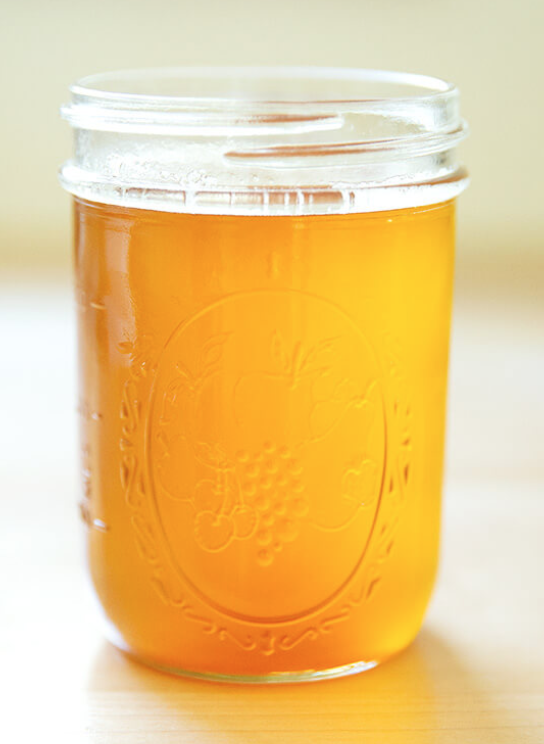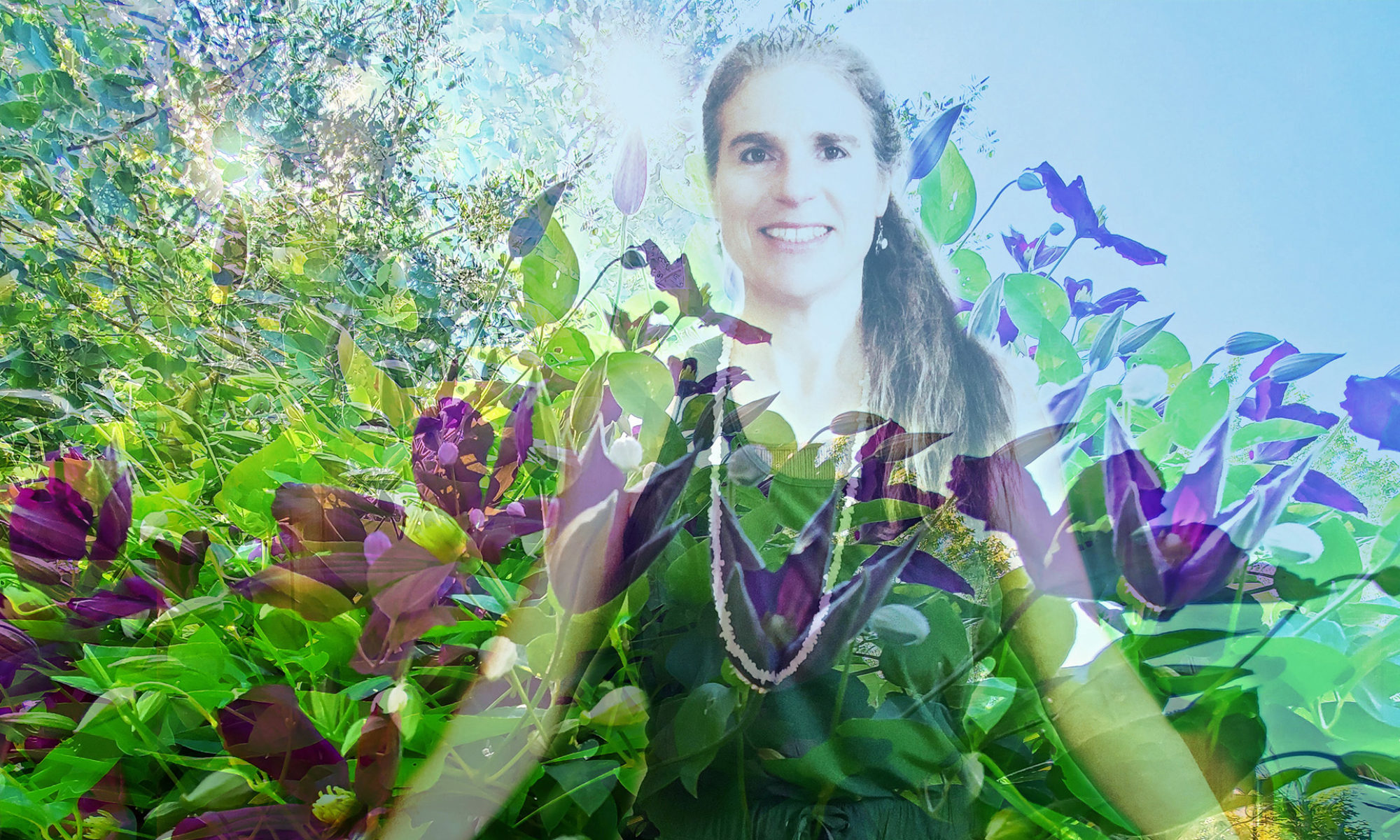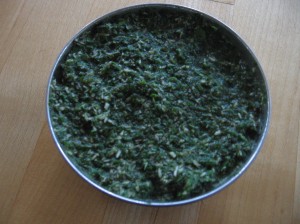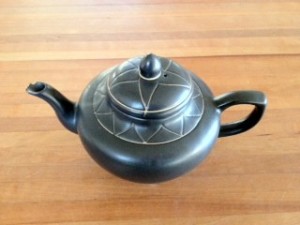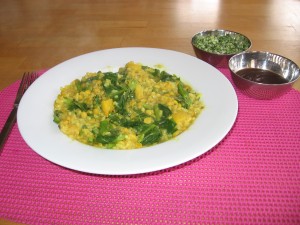Vata: Decreases
Pitta: Decreases
Kapha: Increases (in excess)
Season: All
Ghee is a basic of Indian and Ayurvedic cooking. It is combined with medicines to make Gritas that help herbs enter the tissues of the body more directly. It is an antacid that helps digestion and fattens the body, and builds the bone marrow, nerve and reproductive tissues. It is used to build Agni (digestive fire) and in traditional and Kerala Panchakarma. It improves the brain, eyes, liver and kidneys. It also helps improve memory. When combined with certain herbs it can even reduce cholesterol (guggulu). Never eat equal measures of ghee and honey by weight. If you don’t boil the ghee long enough, there is the possibility that it will mold. Be sure to boil the butter vigorously. I leave off the lid of the ghee jar until the ghee cools completely. Otherwise there is a possibility the condensation of water on the lid from heat could lead to mold. Healthy fats are a great way to help hydrate the body also.
Ingredients:
1 pound unsalted, organic cultured butter
Directions:
- Put room temperature butter in medium pot.
- Melt butter uncovered over medium heat until it foams and bubbles.
- Simmer 12 to 15 minutes until it smells like popcorn. White curds may settle and large soap-like bubbles may form (different than the initial foam). It may become very quiet.
- Immediately remove from heat when golden color forms to prevent burning.
- Set aside to cool.
- Strain through a cheese cloth in a strainer into a storage jar. Discard crusts and curds.
- No need to refrigerate.
Serves: Makes one half quart of ghee
Preparation time: 20 minutes
For Individual Doshas:
Vata: Warm ghee before adding to food
Pitta: Just a sniff of ghee can reduce Pitta
Kapha: Use in moderation
© 2021 Ann Wagoner
